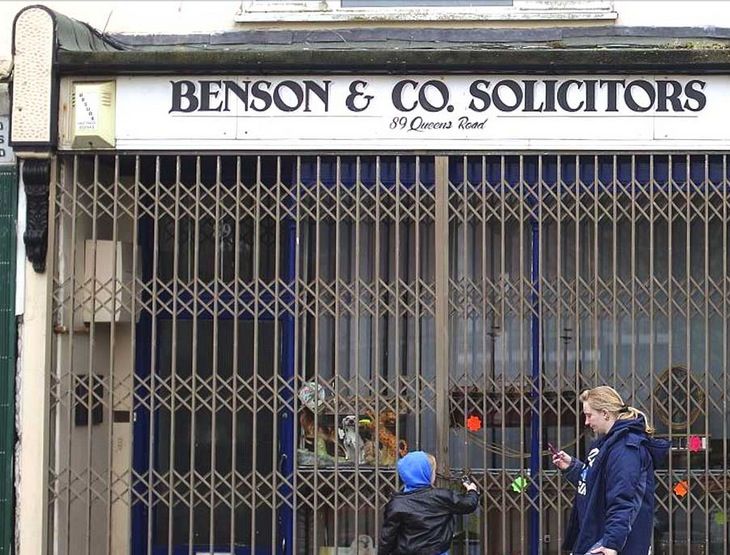High streets and store chains across the UK are bracing themselves for the impact of fresh welfare cuts, with some retailers adapting their product mix and marketing strategies in response and others retreating from the worst-hit areas.
Many mainstream retailers have already trimmed their presence in poorer parts of Britain, and analysts say the raft of welfare reforms introduced this month could accelerate the trend.
"The chain retailers we know have been drawing down. [They] are not going to want to have shops in places where there is not a lot of money," says Matthew Hopkinson, director of the Local Data Company, a retail information provider.
Retail chains with more than six stores closed a net 20 stores a day across the UK last year – openings less closures – and a net 28 a day between December and February, according to the Local Data Company and PwC, the professional services firm.
The northwest and the West Midlands were among the hardest hit, and these areas are also among those most exposed to the annual £19bn ($29 billion) of welfare cuts faced by working-age adults by 2015.
In Blackpool, the town facing the biggest loss from benefit changes, almost 24 per cent of shops are already empty, just under 10 percentage points above the national average of 14.1 per cent.
Middlesbrough, Hartlepool, Blackburn and Margate are other blackspots with a quarter or more of all shops vacant, according to data from the Local Data Company.
As mainstream retailers have moved out, discount stores, charity shops, betting offices, pawnbrokers and cheque cashing services have moved in.
More than half of all retailers in Dagenham's high street are classed as value rather than premium retailers, as are 38 per cent in Port Talbot and 33 per cent in Blackburn.
Poundland, the single-price discount retailer, is among those that has prospered in leaner times. It opened 60 stores in the UK and Ireland last year and plans another 60 this financial year.
Jim McCarthy, Poundland chief executive, says he expects the latest welfare cuts to reinforce the shift towards "value" retailing. As times get tougher, he says consumers spend more on staples, such as food and groceries, and less on discretionary items.
Consequently, he says Poundland has expanded its ranges of food, groceries and essential items priced at £1 each, and has stepped up special offers.
Wm Morrison, the supermarket chain which has a high concentration of stores in the north, says it is monitoring the impact of benefit cuts and could make changes to its product mix if sales trends change.
Mike Coupe, commercial director of J Sainsbury, says that during the downturn, the volume of food purchased has declined for the first time since the second world war. "The reality, I suspect, is that more austerity will continue that trend downwards."
